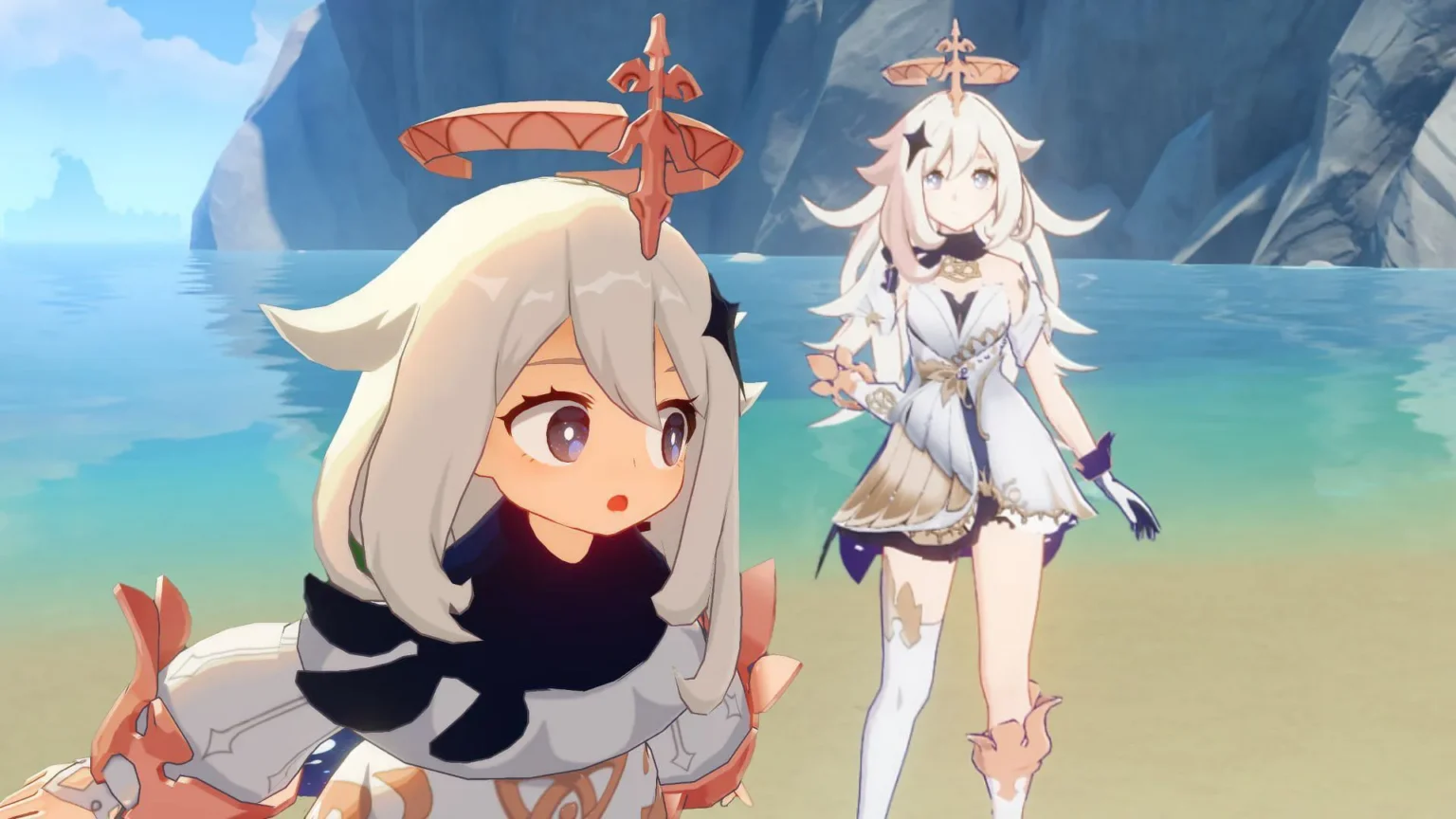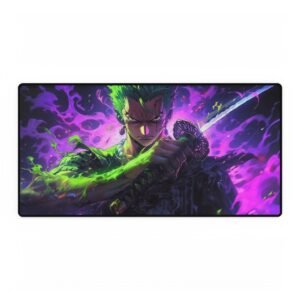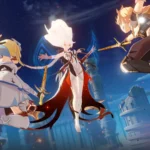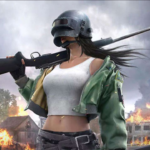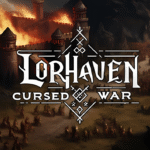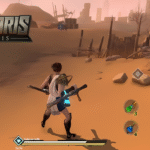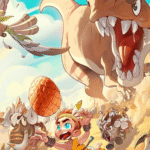The gacha gaming landscape is a battlefield of vibrant characters, deep lore, and relentless comparisons. In the wake of giants like Genshin Impact and Honkai Star Rail, Wuthering Waves has emerged as a fresh contender, captivating players with its open-world exploration and innovative combat mechanics. While comparisons to Genshin Impact are inevitable, Wuthering Waves is carving its own path, and a key element of this differentiation lies in a seemingly insignificant detail – its companion character.
Standing Out from the Crowd: A World of Exploration and Unique Combat

Wuthering Waves launched with a bang, securing top positions on charts across various regions and amassing a dedicated player base. Its open-world design invites players to lose themselves in a vast and vibrant landscape, brimming with secrets to uncover and challenges to overcome. Unlike many gacha games, Wuthering Waves boasts a novel combat system that emphasizes strategic depth and player skill. This refreshing approach has resonated with gamers seeking a more engaging and dynamic experience.
The Paimon Problem: A Chatty Companion or a Conversational Catastrophe?
Of course, comparisons to the behemoth that is Genshin Impact are unavoidable. Both games share the gacha mechanic and a focus on exploration, but a crucial difference lies in their approach to companion characters. Genshin Impact’s Paimon has become a point of contention among players. Her constant presence and tendency to dominate conversations with the main character have left many yearning for a quieter adventuring experience.
Enter Yang Yang: A More Measured Approach to Companionship
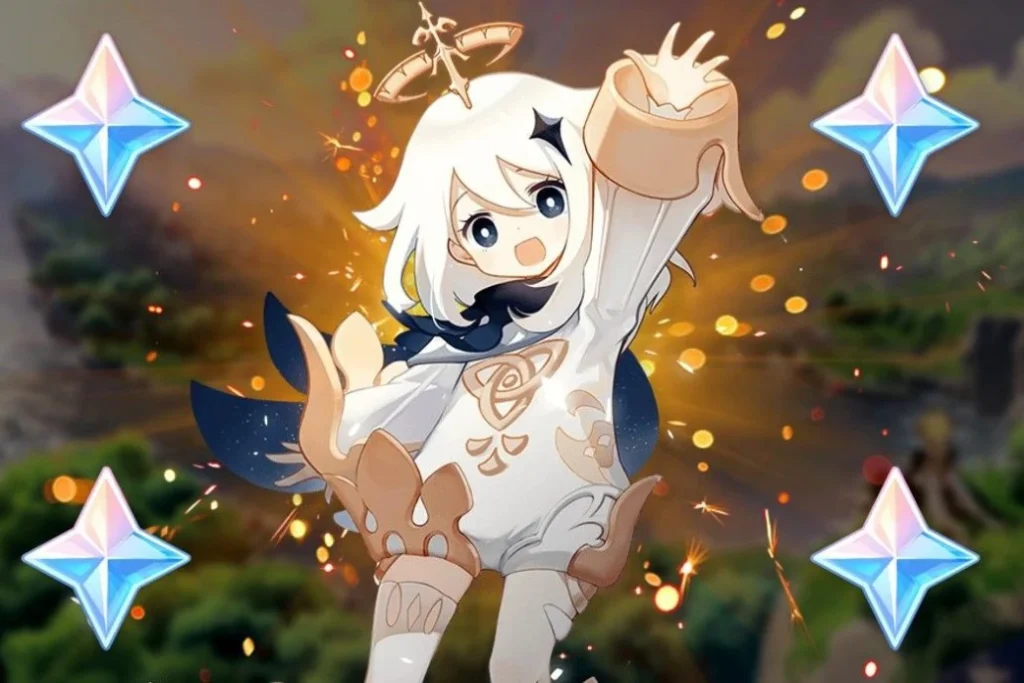
Wuthering Waves introduces Yang Yang as the companion to the main character, Rover. Here’s where things take a distinct turn. Unlike Paimon, Yang Yang doesn’t follow Rover on every step of the journey. Her appearances are more measured, and she rarely speaks over the main character. This subtler approach has been met with much praise from the Wuthering Waves community. Players appreciate the ability to immerse themselves in the world and story without the constant chatter of a companion.
Beyond Companionship: Addressing Performance and Graphics
While the lack of an intrusive companion is a welcome change for many, Wuthering Waves isn’t without its shortcomings. Performance and graphics are areas where the game faces some challenges. Players have reported occasional performance drops and graphical glitches that can disrupt the gameplay experience. Thankfully, developer Kuro Games is actively addressing these issues. Regular updates aim to optimize performance and refine the game’s visuals, ensuring a smoother and more visually stunning experience for players.
The Road Ahead: A Glimmer of Rivalry on the Horizon?
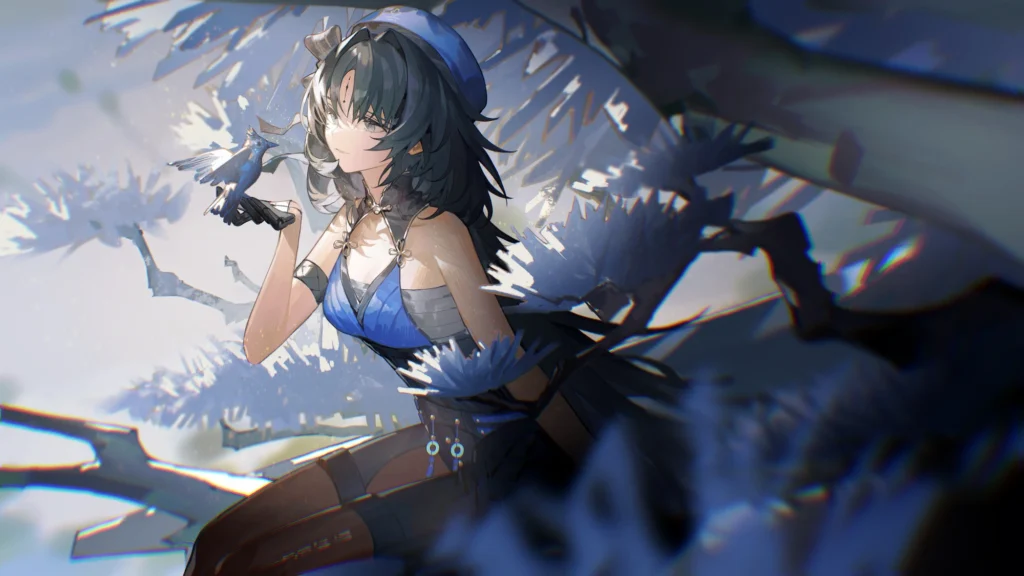
Wuthering Waves is still a young game with immense potential. Its unique world, engaging combat, and focus on player agency have already garnered a loyal following. While the game grapples with performance issues and some aspects of Yang Yang’s voice acting require improvement, Kuro Games’ dedication to improvement through ongoing updates inspires confidence. With continued development, Wuthering Waves has the potential to not just carve its own niche in the gachaverse, but potentially even challenge the dominance of Genshin Impact.
In Conclusion: A Voice for Player Choice
The story of Wuthering Waves and its approach to companion characters is a testament to the power of player choice. By listening to player feedback and crafting a less intrusive companion experience, Wuthering Waves has differentiated itself from its competitors. While the road ahead holds challenges in the form of performance optimization and voice acting refinement, Wuthering Waves is on a promising path. Its potential to become a true rival to Genshin Impact, offering a unique and engaging gacha experience, is undeniable. The future of the gachaverse seems bright, with Wuthering Waves poised to be a major player, one silent companion at a time.
See more information in the Game News section here.

